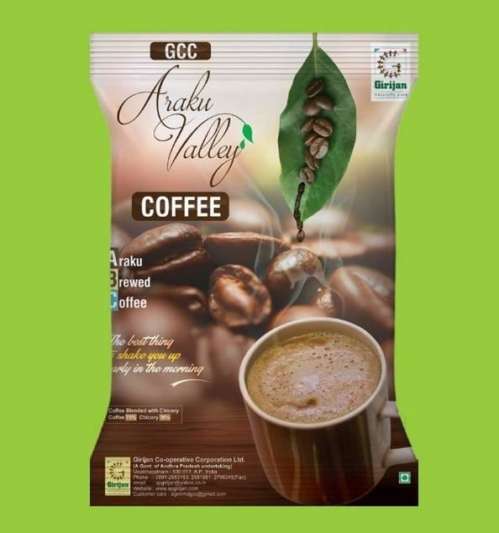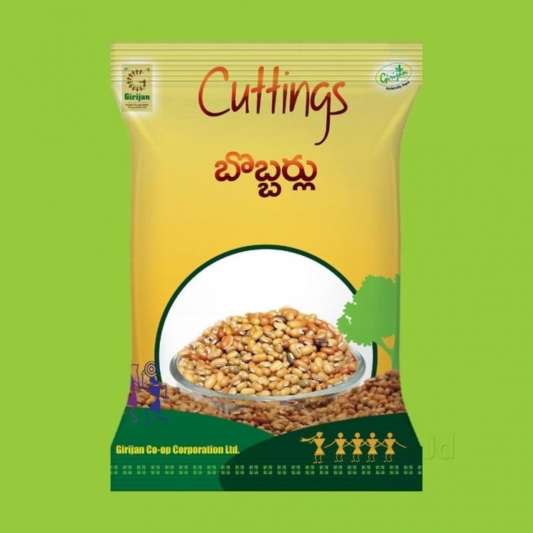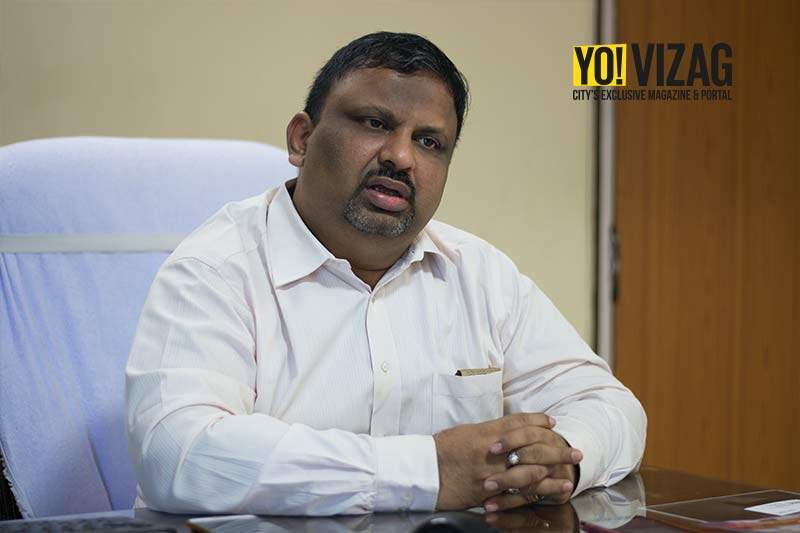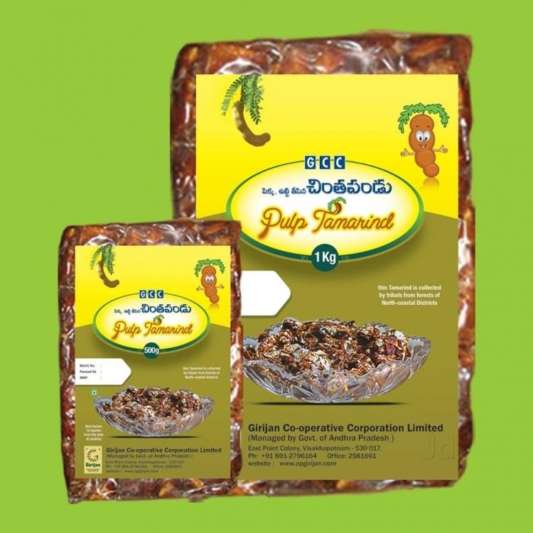The Girijan Cooperative Corporation (GCC) works relentlessly at bringing the riches of our tribal forest resources to the end consumers. Ravi Prakash, Vice Chairman and MD GCC, talks to Jaya Siva Murty about work and more.
The Concept of GCC
In the early days, when barter system was a prevalent mode of transaction, farmers would be an exploited lot. Especially in the tribal regions, brokers and middlemen would often take expensive high-value products from tribal farmers, in exchange for cheap commodities like salt and rice. With the naiveté of the tribal farmers, their exploitation and poverty increased.
The Girijan Cooperative Corporation came into being in 1956 with the idea of ending this scenario. The approach was to implement remunerative purchase prices for the forest products, fixed on a pattern similar to that extended to farmers on plains. Additionally, GCC also assisted with purchasing, processing and even selling the products. Many tribals got involved, and GCC emerged as a major income provider. In fact, with its employees coming from the tribal belt too, this became their “own” organization, rendering a sense of belonging. Even to date, 95% of their staff comprises of tribals. “For many, we became synonymous with the Government. In fact, we were also part of their folklore”, shares Ravi Prakash.
We are a success today because we have very sincerely helped the farmers.
The Working Model
He also adds that GCC works as an apex cooperative body with 25 primary marketing societies. Purchasing the forest produce at a good price, they make the required value addition and sell it to the public. With two outlets of their own, their products are also available in major stores while online purchases can be made as well.
Talking about quality parameters, he shares that they not only have organic certification, but also the AGMARK and ISO 2017 certifications; which are the highest in the line. “Our products are top-of-the-line and our honey is the best in the country, a fact that very few are aware of”, he adds.
Today’s Range of Opportunities
In the past, the tribals were food gatherers and would get more of forest products. Over the years, parallel opportunities have cropped up for them and many have even converted to farming, which is convenient and remunerative. People now cultivate coffee in a big way along with many other products.
Post Bifurcation Development
50 lakh people used to be part of the GCC family. However, post-bifurcation, the number has reduced, with 30-35 lakhs now being benefited directly or indirectly. As both states focus on their development, Andhra Pradesh stands to benefit with its growth-oriented Hon’ble Chief Minister.
Also, as GCC is the livelihood provider for the tribals, focus on it has increased significantly. “The bifurcation has thus helped”, he shares. With the Chief Minister being the brand ambassador for Araku coffee, GCC is being involved in the scheme of things in a big way.
In fact, during the International Fleet Review 2016, even the Hon’ble Prime Minister Shri Narendra Modi sampled GCC coffee, giving the brand a boost. With the GCC improving, the livelihood of numerous tribals improves as well, which is much needed at the moment.
 Future Products
Future Products
Today, there are over 30 products that are in various categories ranging from forest produce to cultivation. These include turmeric, coffee, chilli, pepper, honey and many more. In the last 3 years, many new products have been introduced as well such as soaps and tetra packs of drinks like Maredu and Triphala. The much-talked-about jackfruit wines are on the anvil of being launched too. The star products right now, however, are their honey, which contributes to half the sales, and coffee.
 Charting Growth
Charting Growth
From a turnover of Rs.90 crores three years ago, today the turnover of the GCC has reached up to Rs.300 crores. With various factors responsible for this significant change, this year GCC entered into profits, for the first time, in the last 3 years. Coffee is set to be the growth driver commodity, as one lakh farmers are being encouraged with the implementation of international prices, which is the double of what they usually receive. With the faith of the farmers on their side, improvement in other segments is being seen as well.
The Challenges
Right now, the biggest hurdle for the organisation is to match the packaging and marketing reach of the multinational companies. Despite a good growth and high quality for the GCC, MNCs have the advantage of better reach. The GCC also face a shortage of staff as many have shifted to other lucrative employment options.
Future Plans
As the brand plans to expand its presence through franchise outlets and new products; future plans would focus solely on benefiting the tribal farmers. “We are a success today because we have very sincerely helped the farmers. Their blessings seem to be working for us now. We need to keep their faith, in us, for a better future and that’s the only mantra for our growth. We can’t fail them”, he asserts.
Visakhapatnam Connection
A resident of Vijayawada, Ravi Prakash remembers coming to the city during his engineering days. Sharing that he was, and continues to be, amazed by the beauty of Visakhapatnam, he reminisces roaming at the beach stretch in the evenings. “This city feels like my dream city and there’s no place more beautiful. In fact, the tribal regions are lovely”. he shares, signing off.










Discussion about this post